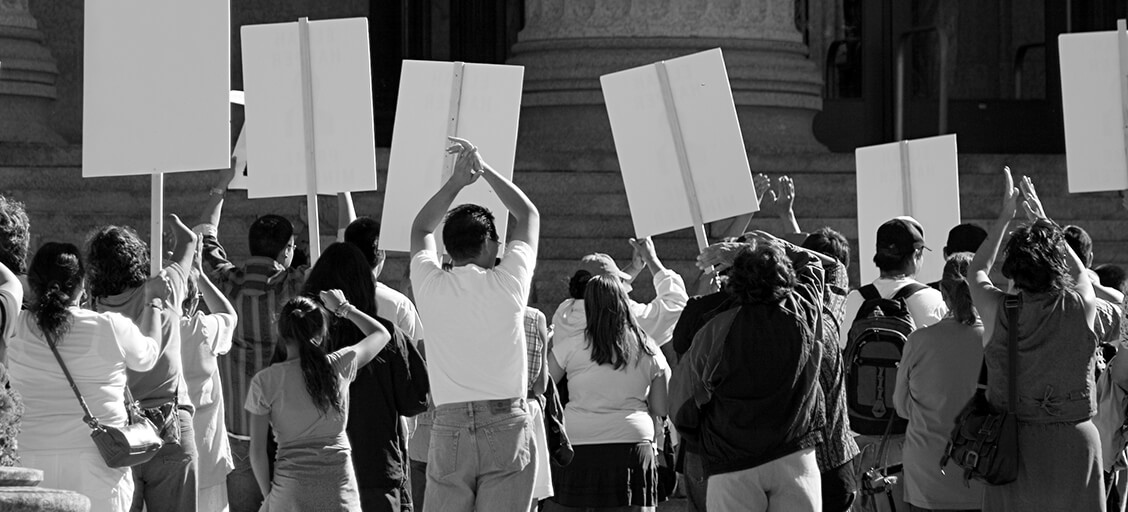The latest New York Times|SurveyMonkey poll has Republicans reporting some of their most dismal views on the economy in the past four years, with their outlook souring even further after a quick downward turn following the presidential election.
More than three-quarters (77%) say they expect the country to experience periods of widespread unemployment or depression in the next five years. Nearly half (46%) say business conditions for the country as a whole will be somewhat or very bad for the next year. Just like last month, only 21% of Republicans say they expect to be better off financially a year from now.
Republicans have dug in on the economic policies of the Trump administration, with 88% now saying the president’s economic program has made the economy better, up from 82% in October 2019 and 81% in January 2019.
Overall, though, public opinion has held steady over the course of the Trump administration. Four in 10 people nationwide say Trump’s economic program has made the economy better, 34% say it has made it worse, and 20% say it’s had no real effect. Those numbers are right in line with previous results from January and October 2019.
Prior to the coronavirus crisis this year, President Trump’s economic agenda was driven primarily by his 2017 tax overhaul and his continual trade spats, particularly with China and with Mexico and Canada. By the end of his tenure, 46% now say they approve of the 2017 tax law, while 46% disapprove, an even split that about matches previous polling from the New York Times and SurveyMonkey from 2019 and earlier.
On trade policy, however, Trump may have made more of an impression. Since December 2018, the gap between those who approve of steel and aluminum tariffs and those who disapprove has widened by 12 percentage points, with 55% of the public now saying they are in favor of tariffs.
Nearly all of that shift has occurred among Democrats, just 25% of whom said they approved of tariffs in December 2018 but 39% of whom now are in favor.
Still, the coronavirus pandemic and the economic turmoil it caused may be the most lasting legacy of the Trump administration, and a majority of the public (57%) continues to disapprove of his handling of the federal government’s response.
Unemployment concerns still dog the recovery
About a third of working adults (34%) say they are very or somewhat worried they will lose their job in the coming weeks because of the coronavirus outbreak, nearly unchanged from last month (32%).
Minorities and low-income workers are the most nervous about losing their jobs: 56% of Hispanics, 45% of Asians, and 40% of Blacks say they are very or somewhat worried they’ll lose their job because of the coronavirus outbreak. Just 21% of workers with household incomes of $100,000 or more say they’re worried about losing their job due to the coronavirus, less than half the number (48%) among those with household incomes below $50,000. Part-time workers are more likely than full-time workers (52% vs. 30%) to be worried about losing their job.
This month, 64% of those who have lost their job as a result of the coronavirus outbreak say they do not expect to return at any point, while 33% do expect to return.
For more detailed results, click through the interactive toplines below.
Read more about our polling methodology here.



